Einar Harold Ingman Jr., born on October 6, 1929, in Milwaukee, Wisconsin, became a symbol of extraordinary courage and sacrifice during the Korean War. His legacy is forever etched in history, primarily for his fearless actions during the Third Battle of Wonju, which earned him the prestigious Medal of Honor.

Early Life and Struggles: Ingman's journey began on a farm, growing up in humble surroundings. Despite his initial aspirations to work with heavy machinery, he found himself in a different path when he joined the United States Army from Kewaskum, Wisconsin, in November 1948. Little did he know that his destiny would lead him to become an infantryman.
Military Enlistment and Heroics: By February 26, 1951, Corporal Ingman was serving with Company E, 17th Infantry Regiment, 7th Infantry Division, in Korea. During the assault on a fortified ridge near Malta-ri, he demonstrated exceptional leadership when both squad leaders were wounded. Combining the squads, he took command, called for artillery and tank support, and led his men in a courageous attack.
Ingman's defining moment came when he single-handedly attacked enemy machine gun positions, using a grenade and his rifle with incredible precision. Despite being wounded by a grenade explosion and shot in the face, he continued to fight until he fell unconscious. His indomitable spirit and leadership shattered the enemy's defense, securing the objective and forcing a disorganized retreat.
Defining Moment: Evacuated to Tokyo for medical treatment, Ingman faced severe injuries – his left eye destroyed, his left ear deaf, and a brain injury causing complete amnesia. With determination and the support of medical professionals, he underwent extensive surgeries, gradually regaining his memories. Ingman's unwavering courage during this period showcased the true resilience of the human spirit.
Post-War Life and Career: After receiving the Medal of Honor from President Harry Truman in 1951, Ingman returned to Tomahawk, Wisconsin, where the community celebrated his heroism with a new car and boat. His post-war life saw him working for a paper company for 32 years, first as a security guard and later as a mail clerk. Ingman married Mardelle Goodfellow, and together they raised seven children, actively participating in government and military-related events.
Military Awards and Decorations: Sergeant Ingman's Medal of Honor citation eloquently captures the essence of his heroic actions during the battle at Malta-ri. His unparalleled courage, extraordinary heroism, and superb leadership not only reflect the highest credit on himself but also embody the esteemed traditions of the infantry and the U.S. Army.
Conclusion: Einar H. Ingman Jr.'s life is a testament to the resilience of the human spirit and the sacrifices made by those who serve in the armed forces. His legacy lives on, not only in the annals of military history but also in the hearts of those who recognize and honor the selflessness displayed by individuals like him. As we remember his indomitable courage, we pay homage to all the unsung heroes who have made significant sacrifices for the greater good.
